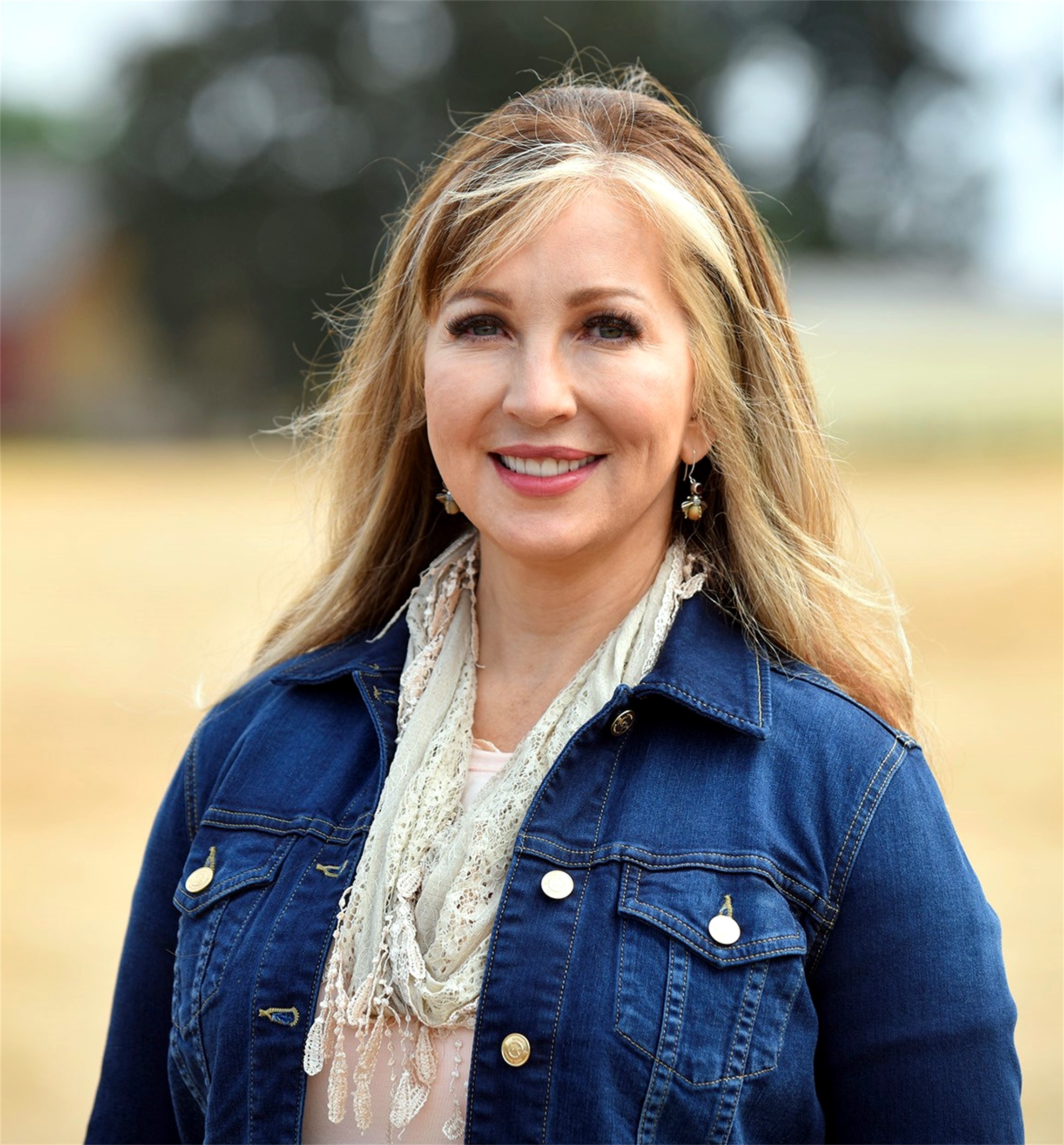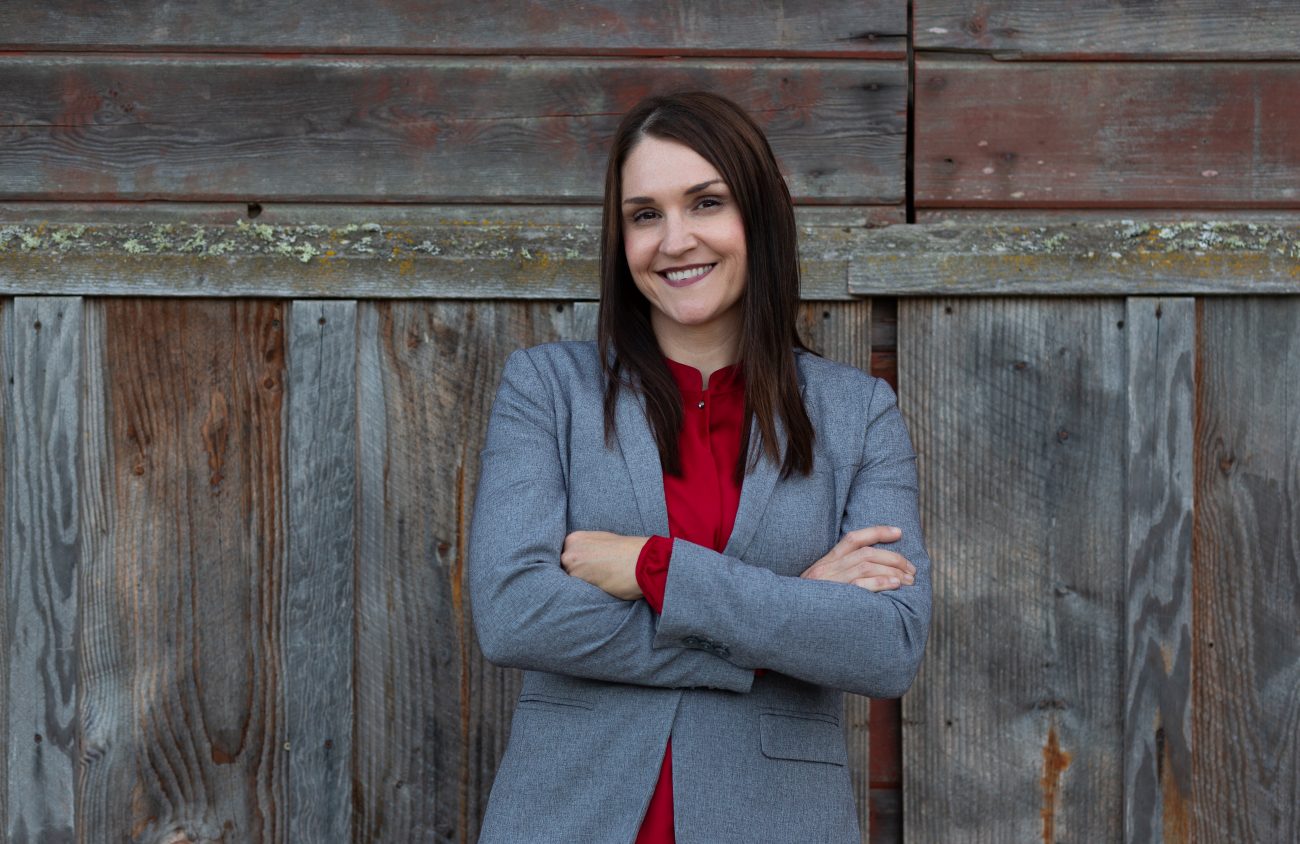Oregon has more Democrats than Republicans, but that doesn’t mean the secretary state race is a safe bet for the Democratic nominee, state Sen. Shemia Fagan of Portland. Even if we see a historic turnout in November, Fagan says she still has to make the case to Oregonians that she’s right for the job.
Fagan’s main opponent is state Sen. Kim Thatcher of Keizer, who’s the Republican and Independent Party nominee. Thatcher says she has the Salem experience to be an effective secretary of state.
Whoever wins in November could have a big role in state politics in the upcoming years. The winner will oversee redistricting in Oregon, auditing the state’s agencies after an (for the lack of a better word) unprecedented past four years and supporting elections while the rest of the nation experiments with vote by mail.
Fagan is a rising star in the Oregon Democratic Party. She was elected to the House in 2013, and in 2018 was elected to the Senate. In a previous interview with Eugene Weekly, she said she’s not afraid of challenging the Democratic Party establishment, as she did when she was the lone Democrat to vote against the appointment of Senate President Peter Courtney.
But Thatcher says Fagan is a political ladder climber who doesn’t have as much political experience as her.
In 2004, Thatcher was elected to the House and in 2014 was elected to the Senate. She says after legislative sessions as a minority party member, she’s become well practiced at reaching across the aisle to work with Democrats. “If I want to get anything done, I have to,” she adds.
Thatcher joined the secretary of state primary race late. She says what pushed her to run was that there were no viable Republicans in the race and that she’s always had her eyes on the seat. She announced her candidacy at a Feb. 6 Timber Unity rally.
Timber Unity emerged as an opponent to Democrats’ climate action bill. A March report by conservation group Oregon Wild called Smokescreen said Timber Unity put far right ideologies like QAnon, militia groups like Proud Boys and individuals such as Joey Nations of Patriot Prayer to the mainstream of the state’s Republican Party. According to the report, the Timber Unity closed Facebook group had several violent threats to Gov. Kate Brown, elected officials and Democrats.
The group also functions as a political action committee that actively donates to Oregon Republicans who repeatedly walked out of legislative sessions to protest the bill. Thatcher was one of the Republican senators to walk out of the 2019 legislative session. She’s received about $18,850 from the PAC.
Thatcher says her affiliation with Timber Unity doesn’t mean she’ll be a partisan secretary of state. “It’s not a Republican group,” she says, adding that the group spans a spectrum that includes Democrats and “lots of nonpartisans.” “They have interests in keeping Oregon industries going,” she adds.
 Thatcher has received nearly $100,000 in contributions since February, which includes money from her own businesses: $5,000 from KT Contracting Company and $10,000 from Highway Specialties.
Thatcher has received nearly $100,000 in contributions since February, which includes money from her own businesses: $5,000 from KT Contracting Company and $10,000 from Highway Specialties.
The Oregon Legislature is in charge of redrawing political districts every 10 years, but if lawmakers fail to do it, the secretary of state takes over.
Thatcher says it’s possible whoever wins this race could oversee Oregon redistricting in 2021. She says she’s pledged to adopt the spirit of Initiative Petition 57, a failed attempt to amend the Oregon Constitution to form a politically balanced committee to redraw districts. Thatcher says she wants to continue the spirit of IP 57 by assembling representatives from organizations like the League of Women Voters and maybe even some of the petitioners from IP 57.
Fagan says an independent commission redrawing political districts could be unconstitutional. What she would do is use a people’s commission, which is as close as you can get to an independent commission. The commission, she adds, would be rooted in racial equity and historically underrepresented communities that reflect the diversity of Oregon.
“In a state that was the only state to enshrine in our constitution a prohibition on formerly enslaved Black Americans from living in our state,” Fagan adds, “I find it important to change how we do redistricting where the overt goal is equity and justice for all.”
Fagan’s largest single donation comes from an organization that has redistricting on its mind. She received $100,000 from the National Democratic Redistricting Committee, an organization sending money to 13 states during the 2020 election cycle. Fagan’s total campaign fundraising has brought in $1.6 million since January, according to OreStar.
The secretary of state is also assigned with overseeing elections. Under the Trump administration, the White House has been one of the loudest voices in criticizing vote by mail, which Oregon began doing decades ago.
Thatcher says she doesn’t think vote by mail is for every state because Oregon has had more time to fine-tune the process. “I just know that Oregon does a good job and we can serve as a mentor to other states to help them get set up and on the right path,” she says.
Fagan says voting rights shouldn’t be a partisan issue, and that’s why she’s helped lead expansions of democracy in Oregon — from automatic voter registration to prepaid postage on ballots. “Sadly my opponent voted against all of those,” she says. “I didn’t vote for those because I’m a Democrat. I voted for them because I’m pro-democracy.”
She adds that both parties used to be on the same page in supporting those values, but the national Republican Party has been dedicated to suppressing voter rights.
Fagan says if elected secretary of state, she would use it to advocate for vote by mail because it’s a safe and secure way to vote. “After this election, I hope everyone can recognize that the data doesn’t benefit one party of the other,” she adds. “It is really about making it easier to participate and vote — and that is something all parties can agree on.”
The Office of the Secretary of State duties include auditing Oregon’s agencies, which both candidates say is the office’s most powerful tool and where it does its best work.
Thatcher says she’s the longest-serving member of the audits committee in the Legislature. She says she wants to ensure the Oregon government works well, and that means looking at Gov. Kate Brown’s executive orders. “Maybe look into all of them,” she says.
She adds that looking into the governor’s COVID-19-related executive orders could also be fair game since it’s impacted the state so much.
Thatcher says she only wants to look at climate change issues in agencies where it makes sense. But Fagan says Oregon always needs to take a look at its carbon footprint.
Fagan says the office can publish about a dozen audits a year, so she can have many priorities in her first year. One of those priorities is looking into the state’s emergency response system. She says her approach would be similar to Jeanne Atkins’ 2015 report on public records, which was a cross agency report. She says she would want to examine how the state’s infrastructure held up during COVID-19 and wildfires. Fagan points to some towns in southern Oregon that failed to send evacuation notices to residents.
“We need to do better and review our entire emergency response in all 36 counties,” Fagan says. “This is our first pandemic in my lifetime but certainly not our last, given the realities of climate change.”
